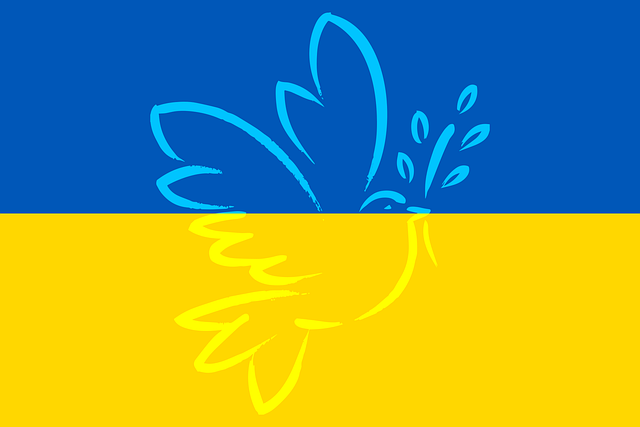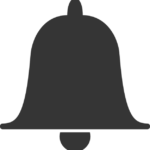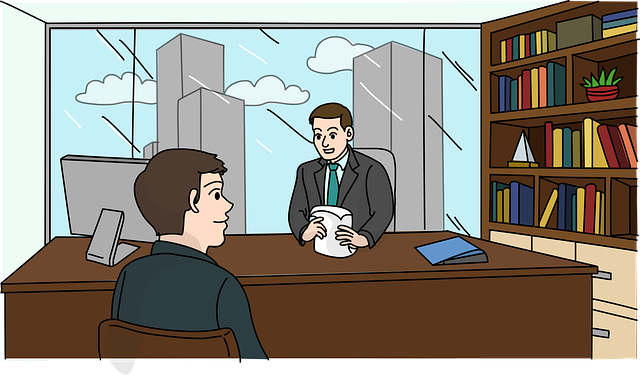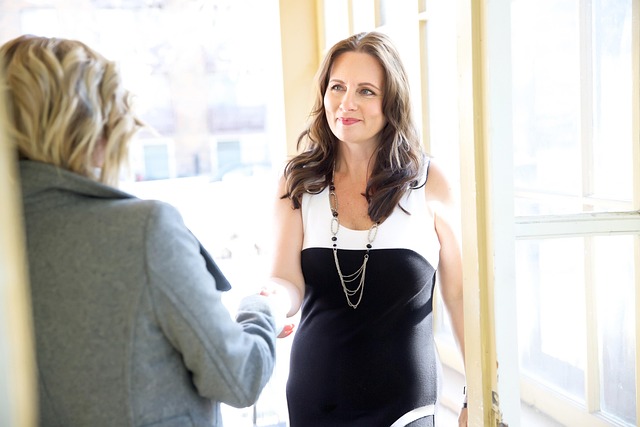RD: You were also in Poltava.
Salvatore Giacomuzzi: Yes. Poltava is a typical Ukrainian city in the heart of Ukraine.
RD: What were your impressions here?
Salvatore Giacomuzzi: Poltava was less modern than Lviv, but perhaps a little closer to the original Ukrainian culture and way of life. You got to see a bit more of what life was like in the old Soviet Union. The swimming centre, for example, was not with a rooftop and the children had to swim there outside (in winter). The university has a department for classical dance. The professors were themselves in the big theatres in Moscow. There was a beautiful opera house in the city. You could see ballet there in a quality you don’t find so quickly in Europe.
RD: How was the contact with the students here?
Salvatore Giacomuzzi: I always preferred to sleep at the university and didn’t look for a hotel room. I wanted to feel the atmosphere. That was good. The colleagues were extremely collegial. There was a nice climate of acceptance and mutual respect. You don’t have to come here and think the Western professor is now announcing the big news. On the contrary.
RD: What was it all about then?
Salvatore Giacomuzzi: It was more about teaching the students that free thinking is in demand. Courage to think for oneself and belief in one’s own abilities. You have to remember that the Russian system placed a teacher above all things. Dissent was not allowed and was pointless. There was very little freedom. This spirit was still very much in evidence at the beginning of those years.
RD: How did you deal with it?
Salvatore Giacomuzzi: In the beginning I had to get used to it. Then I chose a somewhat unorthodox way and began to exaggerate and overdraw the Western freedoms of thought. That went over very well. Sometimes the students and translators looked at me incredulously at first. But then they began to understand that I was quite serious in what I was saying. They finally reached exactly the level I intended. It was just a lot of fun to see how the students could open up.
RD: What happened next?
Salvatore Giacomuzzi: What can I say. The students developed more and more their own ideas and had the courage to express them towards their professors.
And the professors saw how much is possible when you start to act outside the boundaries of a system.
RD: What a great experience!
Salvatore Giacomuzzi: Yes indeed!
RD: Thank you very much for these personal insights.
Salvatore Giacomuzzi: You`re welcome!











Kommentar hinterlassen